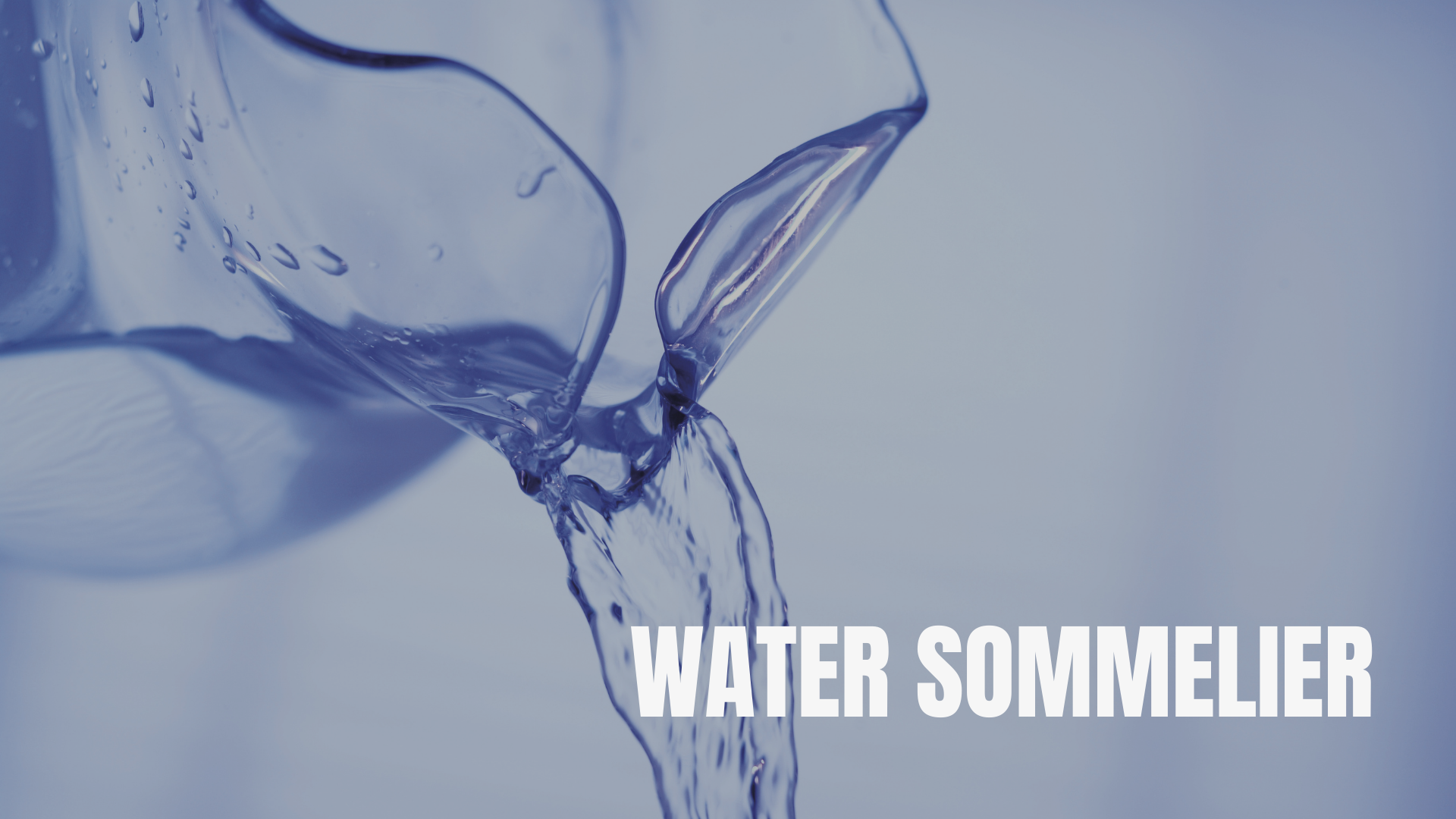How to Become a Water Sommelier
A water sommelier is a professional trained to identify different types of water and their specific taste profiles.
Much like a wine sommelier, a water sommelier is responsible for helping people select the correct type of water to drink with their meals.
By the end of this post, you'll have all the information you need to start your journey to becoming a water sommelier.
What is a Water Sommelier?
A water sommelier is knowledgeable about water and can advise others on which waters to drink. Water sommeliers are responsible for selecting, evaluating, and recommending water to restaurants, resorts, and other establishments. They also educate staff and customers about different types of water from all over the world.
What are the benefits of being a water sommelier?
Water sommeliers typically enjoy several benefits, including:
Deep knowledge of different types of water from around the world
The ability to help pair water with food
The opportunity to work in high-end restaurants
The potential to earn a high salary
What are some of the challenges of being a water sommelier?
While being a water sommelier can be extremely rewarding, it does come with some challenges, such as:
Having to constantly taste different types of water (which can be tedious)
Dealing with customers who may not be interested in trying new waters
Working long hours, often on your feet
What Do Water Sommeliers Do?
Water sommeliers play an essential role in the food and beverage industry. They are responsible for selecting, evaluating, and recommending water to restaurants, resorts, and other establishments. They also educate staff and customers about different types of water from all over the world. In addition, water sommeliers use their knowledge of water to help create unique dining experiences for customers.
How to Become a Water Sommelier
If you're interested in becoming a water sommelier, there are a few things you need to do. First, you must have extensive knowledge about different types of water from all over the world. You should also be familiar with the benefits and drawbacks of different kinds of water. In addition, it's helpful if you're familiar with the food and beverage industry. Finally, you must also have excellent communication and customer service skills.
Get Some Training
The first step to becoming a water sommelier is to get some training. There are a few different ways that you can do this. One option is to take an online course. Another option is to attend a workshop or seminar. You can also find training programs at community colleges or universities.
Obtain Certification
Once you have completed your training, obtaining certification is next. To become certified, you will need to pass an exam. The exam will test your knowledge of different types of water and assess your ability to identify different taste profiles.
Join a Professional Association
After you have completed your training and obtained certification, the next step is to join a professional association. Doing so will help you stay up-to-date on industry news and developments. It will also provide you with networking opportunities and access to resources that can help further your career.
5 Tips to become a Water Sommelier
1. Get certified.
To become a water sommelier, you must get certified through a professional organization.
2. Attend a training course.
Once certified, you will need to attend a training course to learn about the different types of water and how to properly taste and serve them.
3. Study up on water quality.
To be a successful water sommelier, you will need to understand water quality and the different factors that can affect it. This includes things like pH levels, mineral content, and pollutants.
4. Be familiar with different filtration methods.
There are various ways to filter water, and you should be familiar with it as a water sommelier. This way, you can make recommendations based on the specific needs of your clients.
5. Stay up to date on industry news.
As with any industry, the world of water is constantly changing, and it is important for water sommeliers to stay updated on the latest news and developments. This way, you can always offer your clients the best possible advice.
Conclusion:
We hope this guide has helped you better understand what is involved in becoming a water sommelier. If you're interested in pursuing this career, we encourage you to start doing your research and gathering the necessary qualifications. Then, with time, effort and dedication, you can achieve your goal of becoming a water sommelier.






